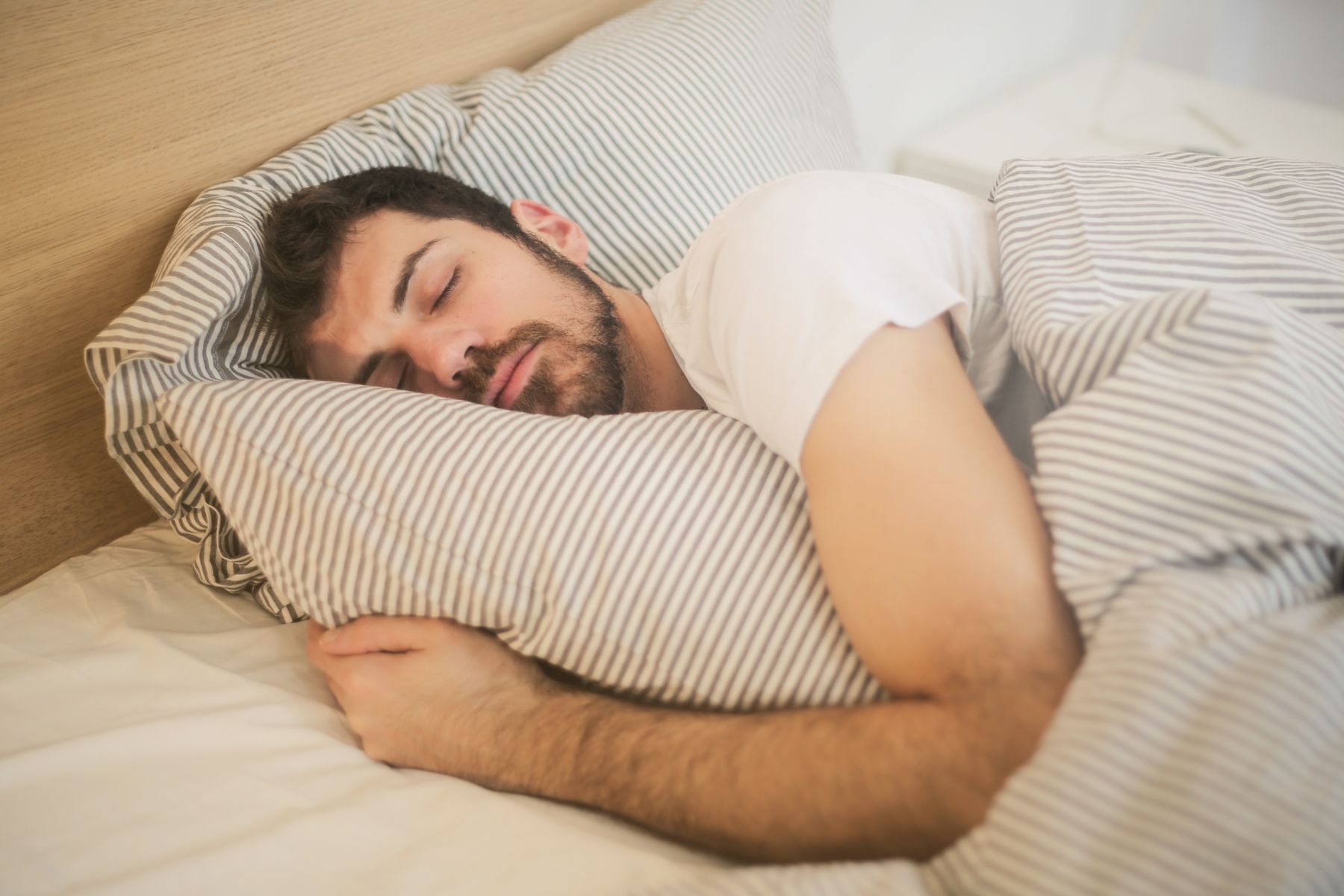Why sleep matters even more for those with diabetes
Many Americans have type II diabetes or prediabetes, which impacts all aspects of their health, including sleep. Fluctuations in glucose levels can throw off your entire sleep cycle, resulting in a lack of sleep, or even a higher risk of developing another chronic condition.

Many Americans have type II diabetes or prediabetes, which impacts all aspects of their health, including sleep. Fluctuations in glucose levels can throw off your entire sleep cycle, resulting in a lack of sleep, or even a higher risk of developing another chronic condition.
What is type II diabetes?
Type II Diabetes is a metabolic disease that results in abnormally high sugar levels, causing insulin resistance. The purpose of insulin is to help lower your blood glucose levels, but when you have type II diabetes, your body can’t produce enough insulin to eliminate the resistance and can potentially stop producing insulin all together. This can cause you to have elevated glucose levels and you might need exogenous insulin to help lower it.
But while 10% of the American population has type II diabetes — 1 in 3 Americans have prediabetes. This is a condition in which sugar levels are higher than normal, but not high enough to be diagnosed as type II diabetes.
How does sleep affect diabetes?
I want you to think back to when you were a kid, and your parents would say those dreadful words, “it’s bedtime.” At that time, you most likely didn’t have any issues with falling asleep, you just didn’t want to! However, if you have diabetes or pre-diabetes, you are more prone to having issues with your ability to sleep, and it’s a deeper issue than not feeling sleepy.
When we sleep, our glucose levels have been found to stay stable during non-REM sleep and increase with REM sleep or when we are awake. If you aren’t achieving a proper amount of sleep, you are likely to have fluctuations in your glucose levels, and as a result you will feel groggy and have an increased need for taking naps throughout the day. This can throw off your sleep cycle all together; when you feel like you aren’t well rested, it can affect your overall health.
Some common issues are obstructive sleep apnea, insomnia, and frequent voiding in the nighttime. These issues may contribute to disturbances throughout the day, such as irritability, getting sleepier in the evening and waking up earlier in the morning, health problems like depression, cardiovascular diseases, high blood pressure, cognitive decline and memory loss which can contribute to an increase in accidents and falls.
How you can improve your sleep habits
We all know life can be crazy and prioritizing sleep may not be at the top of the list, but it should be. With all the demands life brings, we will sometimes get the bare minimum — or even less —hours of sleep.
Sleep is the body’s way of resting, recovering, and resetting for the next day. Unfortunately, there are many distractions that may be getting in the way of you reaching your optimal sleep goal, so here are a few tips to help you feel well rested.
- Make a routine so your body will know you are starting to wind down.
- Stay away from blue-light emitting devices such as smartphones, tablets, and laptops at least an hour before bed. These devices have become more prevalent today and promotes cognitive stimulation and can disrupt your sleep cycle.
- Try incorporating exercise in your day which is beneficial for your overall health and can tire you out to improve sleep.
- Try having a cup of tea, reading a book, doing a crossword-puzzle, or anything that gives you some relaxation to help train your body that you are getting ready for bed.
To have a good night’s rest, you should get at least 7–8 hours of sleep, especially if you have pre-diabetes or diabetes. Sleep hygiene should be in the same bucket as our other measures of health, like exercise nutrition, recovery, and stress management. It is vital to keeping us healthy and essential for our well-being.
References
Knutson, K. Impact of sleep and sleep loss on glucose homeostasis and appetite regulation. Sleep Med Clin. 2007 Jun; 2(2): 187-197. doi: 10.1016/j.jsmc.2007.03.004
Harris-Hayes, M., Schootman, M. The Role of Physical Therapists in Fighting the Type 2 Diabetes Epidemic. Journal of Orthopedic & Sports Physical Therapy. 2022 Jan; 2(1) 1-16.
Varma, P., Jackson, M. Dreaming of the Good Old Days: Sleep in Older Adults. Journal of Pharmacy Practice and Research (2019) 49, 205–211.
Jniene A., Errguig L. Perception of Sleep Disturbances due to Bedtime Use of Blue Light-Emitting Devices and Its Impact on Habits and Sleep Quality among Young Medical Students. Biomed Research International. 2019: 1-8.

Natalia Russell
Natalia Russell, PTA, is a physical therapist assistant based in Hamden. Natalia has a particular interest in working with older populations, knowing helping people with the smallest of things can make a significant difference in their day-to-day lives and ability to move and complete tasks.
RECENT POSTS
CATEGORIES

> Privacy Practices
> Terms and Conditions
Copyright © Performance 2022.
All rights reserved.
JOIN OUR COMMUNITY
Sign up for our mailing list to learn more about Performance, stay up-to-date on our offerings, and receive our newsletter.
Digital Marketing by Rebel Interactive Group
